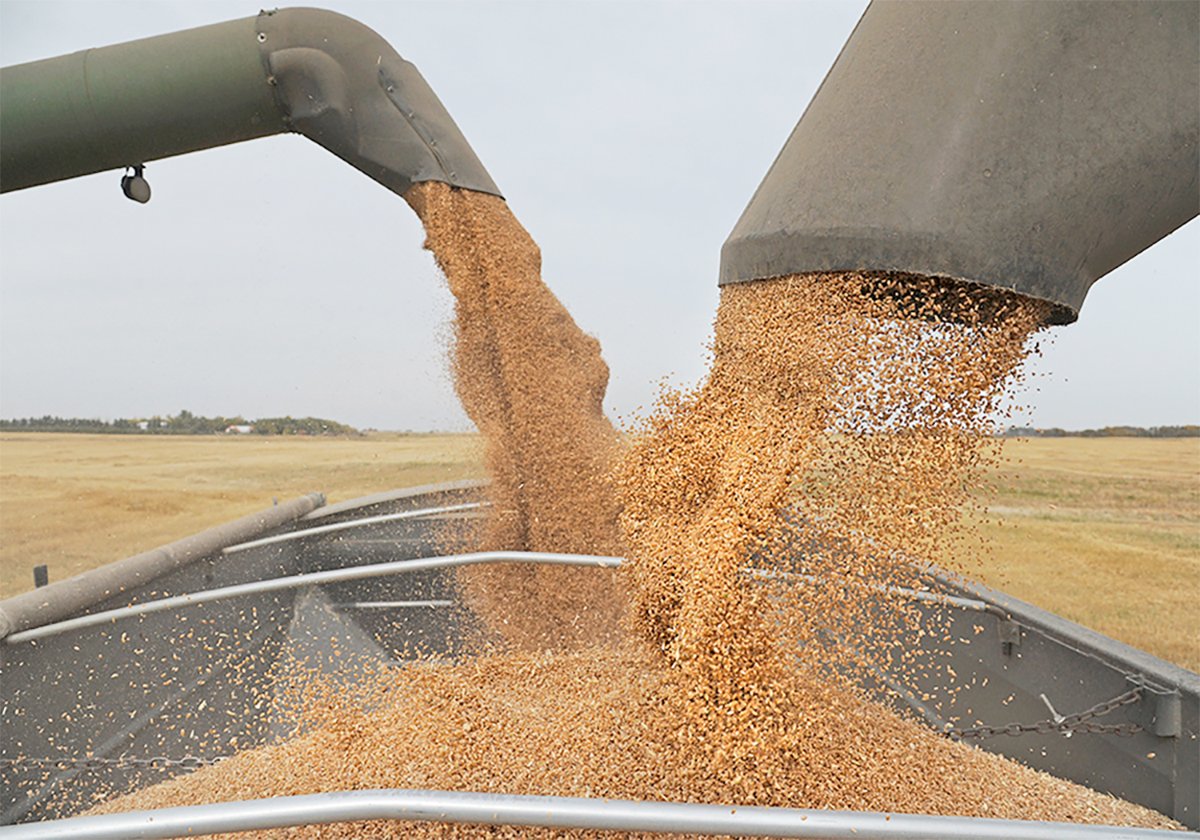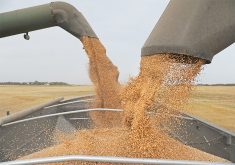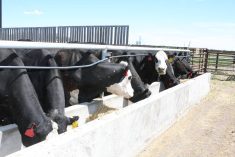CANADA has no choice. The July 12 deadline for implementing stricter rules to keep specified risk materials out of cattle feed, pet food and fertilizer must be met.
The world is watching. How we respond could have severe repercussions in how our food is viewed in the international marketplace.
Canada banned the use of the material in human food products and in feed used for ruminant animals in 1997. The stricter rules now looming will remove SRMs from all other animal feeds, pet food and fertilizer.
Last week’s case that forced animal quarantines on nine Saskatchewan farms reinforces the need to act quickly.
Read Also

Agriculture productivity can be increased with little or no cost
There’s a way to enhance agricultural productivity with little or no cost. It doesn’t even require a bunch of legislative changes.
The contamination occurred when misidentified ruminant meat and bone meal was distributed to a feed processor, which then used the ingredients in feed for ruminant animals. Other feed came into contact with equipment that had handled the meat meal material.
Once the mixup came to light, regulations ensured cattle and deer that may have eaten the feed were kept out of the human food chain, but the damage has been done. Fair or not, international consumers will likely become more wary of Canadian products.
Canada must now show it is a world leader at fighting BSE and while it appears the deadline for a more widespread SRM ban will be met, the foot-dragging by all parties involved sends the wrong message at the wrong time.
The timing is also important for another reason. New American regulations that could open the U.S. border to more Canadian cattle are now working through the process of becoming law.
Some protectionist groups in the United States would love nothing more than to report to U.S. lawmakers that Canada is incapable of agreeing on an enhanced SRM ban. SRMs refer to byproducts of animal processing, such as spinal cord tissue and brain material, thought to be vectors for the spread of BSE.
The delays in working toward implementation of Canada’s enhanced SRM ban revolve around the federal and provincial governments’ inability to reach a cost sharing deal on aid to help the industry pay for necessary changes. Ottawa has promised $80 million, but cannot pass the money along because many issues fall under provincial jurisdiction.
But as federal agriculture minister Chuck Strahl said last week, packers and renderers have known since 2004 that the new regulations were coming and they have a responsibility to comply, whether or not there is aid.
It is time for all parties to get on with the necessary business of protecting Canada’s safe food image.
While there are real fears that added costs could lead to more live Canadian cattle being shipped to the U.S. for processing where there are no such SRM bans, the risk of doing nothing is far greater if consumer trust in the safety of our food withers.
Bruce Dyck, Terry Fries, Barb Glen, D’Arce McMillan and Ken Zacharias collaborate in the writing of Western Producer editorials.














